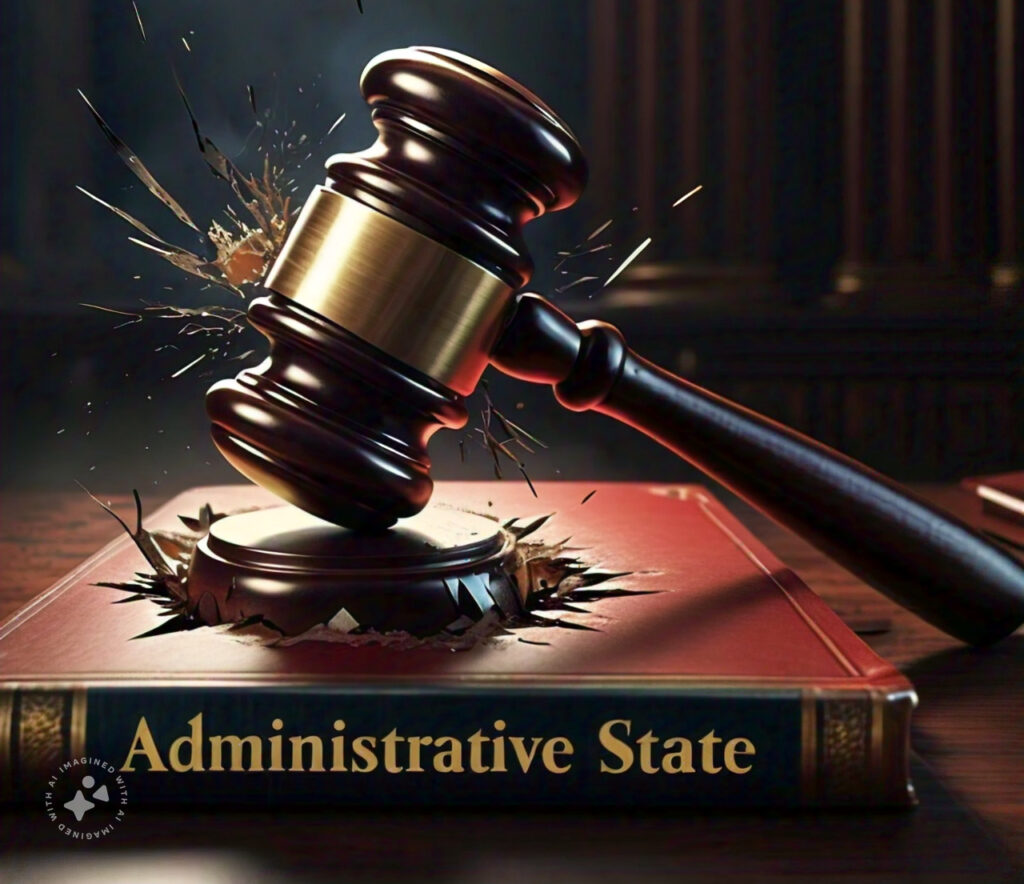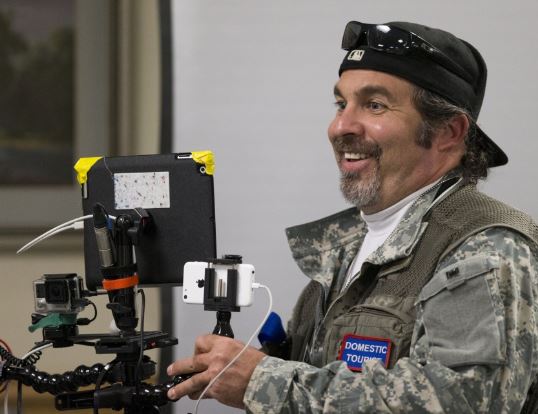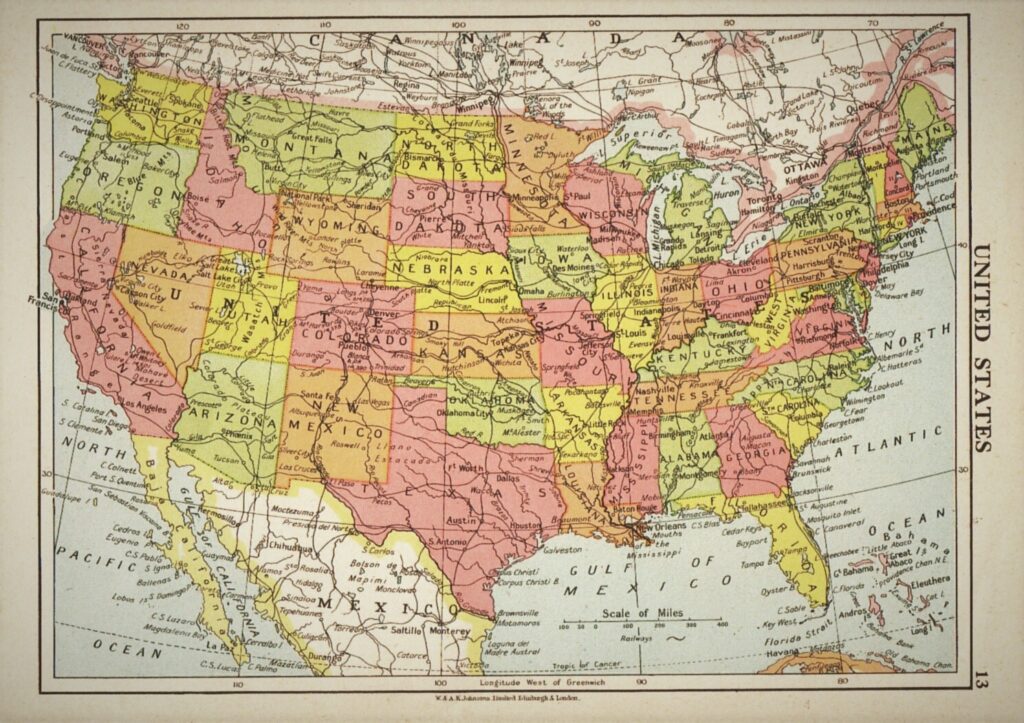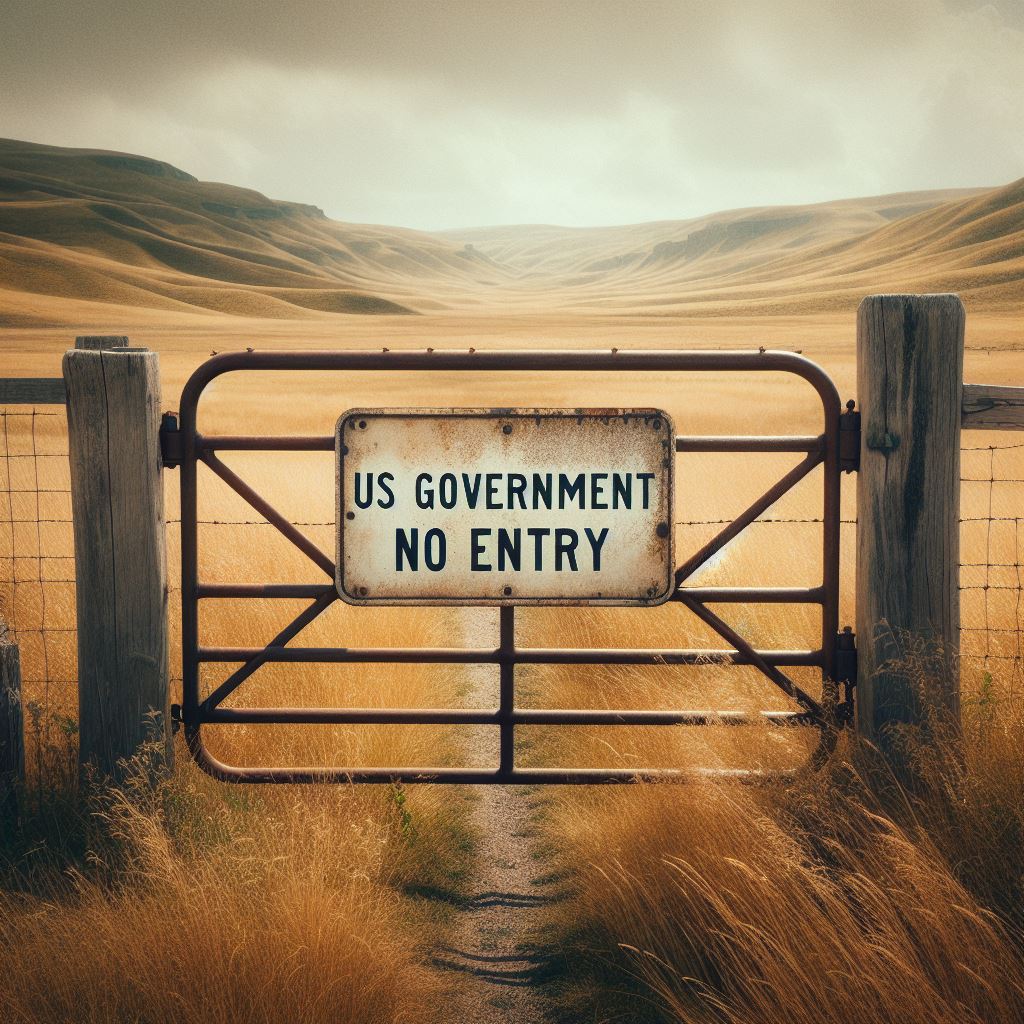Rep. Burgess Owens is co-sponsoring a bill that could put federal regulations on the chopping block

Deseret News
by Hannah Seariac
Regulations made by federal agencies and not by Congress could be on the chopping block if a new bill co-sponsored by Utah Rep. Burgess Owens becomes law.
Following a landmark Supreme Court decision curtailed the power of federal agencies, lawmakers have proposed a bill to roll back rules put into place by these agencies unless Congress takes action to uphold them.
The legislation is called the Sunset Chevron Act and Rep. Burgess Owens, R-Utah, is a co-sponsor on the bill.
What is Chevron deference?
The Supreme Court recently overturned the so-called Chevron doctrine. This legal doctrine said if there was an ambiguous law and an agency put forward a reasonable interpretation of it, then the power to interpret the law remained with the agency.
By walking back the Chevron doctrine, courts will have the power of interpretation and Congress will have to write more specific laws.
Owens, who has voiced his support for the Supreme Court’s decision, said the Sunset Chevron Act restores the balance of powers back to the way the Founding Fathers would have envisioned it.
“For too long, executive agencies have wielded unchecked authority, resulting in regulations that impact Americans’ lives without proper legislative oversight. This bill ensures that any rule with the force of law receives the scrutiny and approval of Congress, where the power to make laws rightfully belongs,” said Owens. “By sunsetting these agency actions unless they are affirmed by congressional action, we can correct past overreach and ensure power remains with We the People — not unelected bureaucrats.”
Many Republican lawmakers, including the members of Utah’s congressional delegation, have celebrated the Supreme Court decision because it reduces the power of the administrative state. These lawmakers have often made a constitutional argument that Congress is tasked with making laws and oftentimes when agencies make rules, it crosses into what should be Congress’ territory.
The bill Owens is co-sponsoring will look at times agencies may have gone past what Congress intended and give lawmakers a swing at reigning in agency power.
What the Chevron Sunset Act says
This bill would require the compiling of a list — every time a federal court upheld an agency’s rule based on Chevron and it was not overturned, it would be put into the list.
This list would then be organized in reverse chronological order by the date when the agency made the rule. Then, what’s called a sunset date would be calculated for each rule: a sunset date in this case would be the last day the rule would have impact.
Before the sunset date hits, Congress could decide to pass a law targeting what the rule also tried to get at — or they could decide not to do so.
It’s important to note the Chevron ruling did not change whether or not Congress can choose to delegate authority to agencies. Congress still can put in laws that agencies have discretion in certain instances. What it does mean is that Congress will likely have to spell out the law when it’s not delegating that authority or discretion.
Chevron doctrine has been precedent for decades, so some of the regulations the bill would impact are old. The bill carves out a path to examine those decadeslong regulations.




